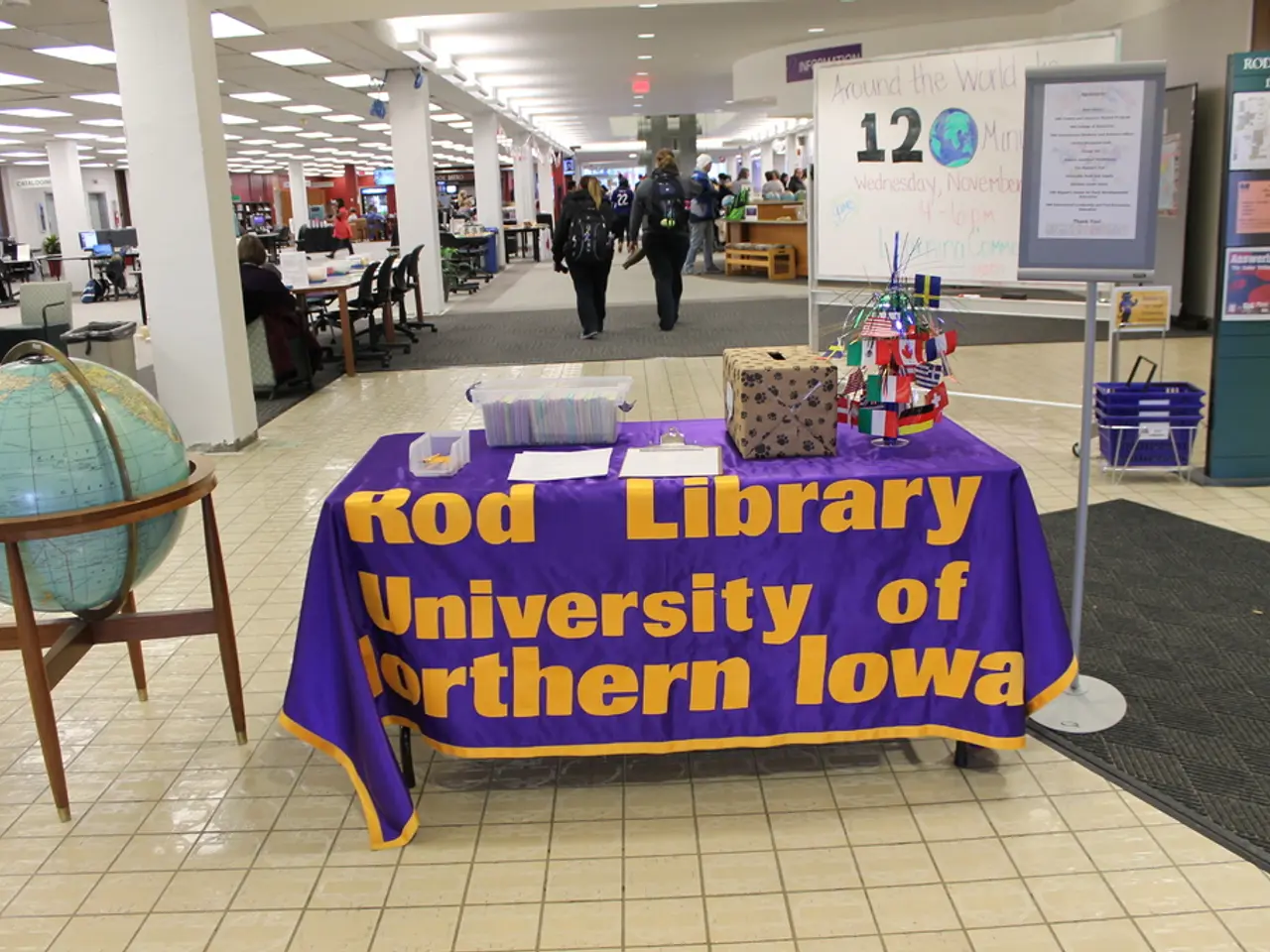Researcher from Cambridge Highlights Growing Importance of Kazakhstan in International Science Sphere
In the heart of Central Asia, Kazakhstan is making waves in the world of mathematics and computer science. According to Professor Carola-Bibiane Schönlieb, a specialist in the intersection of pure mathematics, machine learning, and practical applications, the country's mathematical community and education are gaining significant international respect.
Professor Schönlieb, who attended the first International Society for Analysis, its Applications and Computation (ISAAC) Congress held in Astana, Kazakhstan from July 21-25, 2023, was particularly impressed by the level of mathematics at Nazarbayev University. She noted the genuine popularity of mathematics in Kazakhstan's society, a factor that she believes could serve as a global role model.
The ISAAC Congress, a gathering of over 700 leading mathematicians and researchers worldwide, was a testament to Kazakhstan's emergence as a hub for global mathematical research and collaboration. This event, the first such congress ever held in Central Asia, further solidified Kazakhstan's position as a key player in the mathematical sciences.
Kazakhstan's successes extend beyond the ISAAC Congress. At the International Mathematical Olympiad (IMO) 2025, the country earned six medals (4 silver, 2 bronze), ranking 17th among 112 countries. This strong performance indicates an effective cultivation of mathematical skills from an early educational stage.
Moreover, Kazakhstan's historical tradition in mathematics, dating back to figures like Al-Farabi and benefiting from cultural exchanges along the Silk Road, continues to play a role in the country's mathematical advancements. Modern educational institutions have carried on this strong promotion of mathematics, with contributions across various branches of the field.
Nazarbayev University and other institutions in Kazakhstan play a central role in advancing mathematical sciences, emphasizing interdisciplinary applications and international cooperation. This focus on collaboration is crucial for those feeling out of place in the mathematics and computer science communities, as it helps combat feelings of isolation.
In Professor Schönlieb's work, mathematical models are used to change and restore images based on expert knowledge. AI and machine learning have expanded this process, allowing algorithms to learn equations from data. This approach is particularly useful in restoring damaged images, a task that Professor Schönlieb specializes in.
However, it's important to note that while AI and machine learning have made significant strides, the mathematical understanding of deep learning is currently behind the complexity of real-world systems like ChatGPT.
Academia offers Professor Schönlieb and many others the freedom to pursue any research without secrecy or shifting company priorities dictating a change in focus. This flexibility, along with the ability to travel, work anywhere, and collaborate with anyone, is a rare and precious aspect of academic life.
In an interview, Professor Schönlieb expressed her views on Kazakhstan's growing mathematical community. She highlighted the importance of networking and having dedicated associations, such as Women in STEM or mathematics networks, to empower students and faculty at all levels.
Overall, international mathematicians and scientists view Kazakhstan's mathematics landscape as dynamic, increasingly influential, and integral to global mathematical discourse and innovation. This perception is underpinned by Kazakhstan’s successes in competitions, hosting prestigious international conferences, and fostering a vibrant academic environment with notable societal appreciation for mathematics.
Science and technology have significant roles in Kazakhstan's education-and-self-development, as evident in the advancements in computer science and mathematics, which are gaining international recognition. The country's success isn't limited to the ISAAC Congress or the International Mathematical Olympiad; it extends to fostering a vibrant academic environment that encourages interdisciplinary applications and international cooperation.




